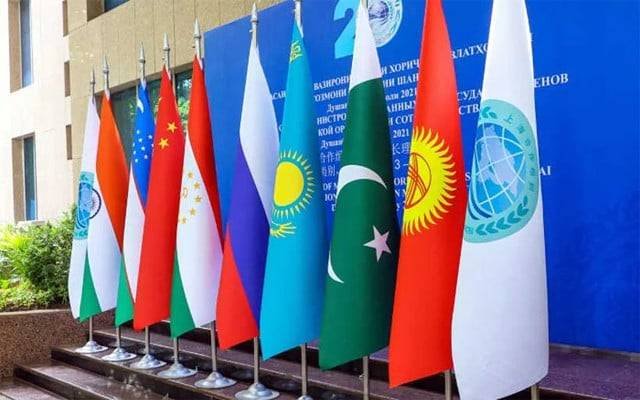The International Monetary Fund (IMF) has reached a staff-level agreement with Pakistan for a new $1.3 billion loan under a climate resilience program, in addition to agreeing on the first review of Pakistan’s ongoing 37-month bailout program. If approved by the IMF’s Executive Board, Pakistan could unlock the new loan, providing crucial support to the nation as it navigates its ongoing economic challenges.
The new climate resilience loan is part of a broader 28-month arrangement under the IMF’s Resilience and Sustainability Fund (RSF). This new arrangement, along with the review of the $7 billion Extended Fund Facility (EFF), would release an additional $1 billion for Pakistan, bringing total disbursements to $2 billion under the current IMF-backed program.
The announcement follows months of talks between IMF officials and Pakistani authorities, including a February 24-March 14 mission led by Nathan Porter. The IMF commended Pakistan for progress in restoring macroeconomic stability over the past 18 months, despite facing global economic headwinds. Inflation has decreased to its lowest level since 2015, and financial conditions have improved, although risks remain, including the potential for macroeconomic policy missteps and geopolitical shocks.
One of the IMF’s key concerns is the climate-related challenges Pakistan faces, including the need for stronger resilience and adaptation measures. IMF officials have urged Pakistan to stay the course on fiscal reforms, strengthen public finances, and continue efforts to mitigate vulnerabilities to climate risks.
The country’s ongoing economic recovery is bolstered by a strong focus on fiscal consolidation, which aims to reduce public debt while ensuring essential social spending. Additionally, Pakistan is committed to advancing tax reforms and increasing the efficiency of public financial management, particularly by broadening the tax base and improving transparency.
Energy sector reforms also remain a priority, with a focus on reducing inefficiencies and lowering tariffs to ease the burden on consumers and businesses. Pakistan is also making strides in addressing its energy sector’s circular debt while exploring renewable energy options.
Looking forward, Pakistan aims to continue scaling up its climate-related reforms, focusing on disaster resilience, water management, and reducing the nation’s vulnerability to natural disasters. Key initiatives include strengthening investment in disaster-resistant infrastructure and improving the efficiency of water resource management.
Pakistan’s foreign exchange reserves stood at $11.15 billion as of March 14, and the IMF’s support continues to be seen as vital to rebuilding these reserves and stabilizing the nation’s economy.
This deal highlights the ongoing importance of international support for Pakistan’s economic reforms and underscores the critical role of climate resilience as part of its long-term growth strategy.















